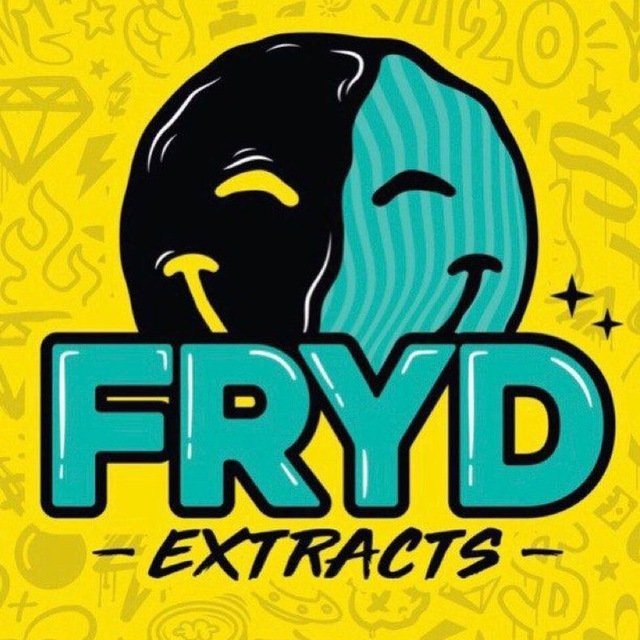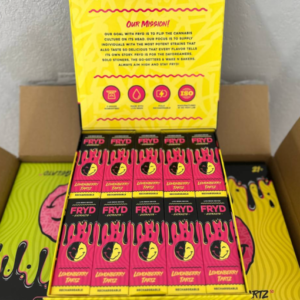Title: The Legal Status of Delta-8 THC in Texas: Understanding the Current Landscape
Introduction: Delta-8 tetrahydrocannabinol (Delta-8 THC) has gained popularity in the cannabis market for its unique psychoactive properties and potential therapeutic benefits. However, understanding the legal status of Delta-8 THC can be challenging as state laws and regulations regarding this cannabinoid vary across the United States. In this article, we focus on the legal status of Delta-8 THC in Texas and explore the current landscape for consumers in the Lone Star State.
Overview of Delta-8 THC:
- Delta-8 THC: Delta-8 THC is a naturally occurring minor cannabinoid found in cannabis plants. It shares similarities with Delta-9 THC, the primary psychoactive compound in cannabis, but exhibits milder psychoactive effects. Delta-8 THC has gained attention for its potential therapeutic properties and has become popular in various cannabis products.
Legal Status in Texas:
- Hemp and THC Content: In Texas, the legal framework is primarily guided by the Texas Health and Safety Code, which aligns with the federal definition of hemp as per the Agriculture Improvement Act of 2018 (also known as the 2018 Farm Bill). According to the federal definition, hemp is defined as cannabis with a Delta-9 THC concentration of 0.3% or lower on a dry weight basis.
- Delta-8 THC and Texas Law: The specific inclusion of Delta-8 THC in the legal definition of hemp is subject to interpretation in Texas. Some argue that Delta-8 THC is covered under the definition of hemp, while others believe it falls outside the scope of legal hemp products. As a result, the legal status of Delta-8 THC in Texas is currently under scrutiny and may vary depending on local enforcement and interpretation of existing laws.
- Evolving Regulations: In response to the growing popularity of Delta-8 THC, the Texas Department of State Health Services (DSHS) issued a notice in August 2021 clarifying that Delta-8 THC products are considered illegal if they exceed the 0.3% Delta-9 THC threshold. However, the enforcement and interpretation of this notice may vary across different jurisdictions within Texas.
Consumer Considerations:
- Purchase and Consumption: While some retailers may sell Delta-8 THC products in Texas, consumers should exercise caution and be aware of potential legal risks associated with possessing or consuming these products. It is advisable to research and understand the specific laws and regulations in your area before purchasing or using Delta-8 THC products.
- Quality and Safety: When considering Delta-8 THC products, it is crucial to ensure they are sourced from reputable manufacturers who adhere to stringent quality control measures. Third-party lab testing can provide transparency regarding the cannabinoid content and the absence of contaminants, ensuring consumer safety.
Conclusion: The legal status of Delta-8 THC in Texas is a complex and evolving issue. While the interpretation and enforcement of existing laws are subject to debate, consumers should exercise caution when purchasing and consuming Delta-8 THC products. It is essential to stay informed about the latest developments in Texas law and consult with legal professionals or knowledgeable cannabis specialists for guidance.




